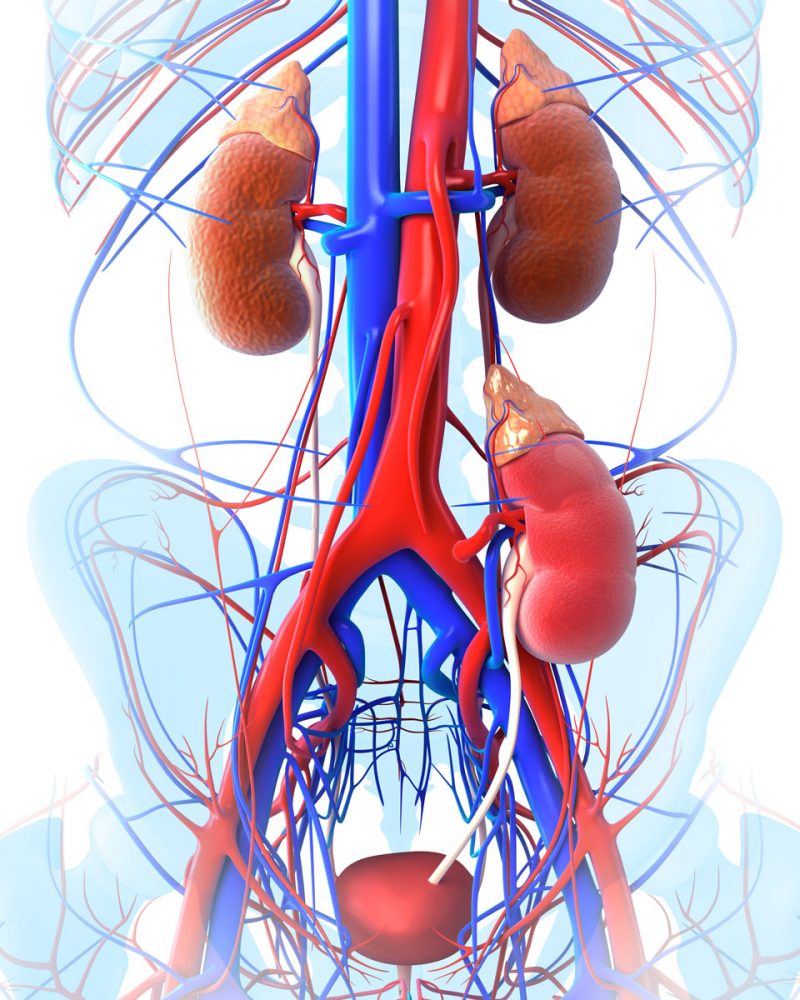When is a Kidney Transplant Necessary?
There are many functions of the kidneys. They must filter waste products from the blood, remove excess fluid from the body, maintain a normal electrolyte balance among other important tasks. End-stage kidney disease (ESKD) is a term used to describe the state when kidneys stop functioning adequately. When this occurs, patients may experience nausea, fatigue, insomnia, muscle weakness, swelling which progress to severe, life-threatening complications if left untreated.
There are currently two main types of therapy for this, which include dialysis and kidney transplant. Dialysis is a good option for patients who are not a transplant candidate or who are awaiting a transplant.
What is a Kidney Transplant?
A kidney transplant is when a healthy kidney is placed inside a person with ESKD. The new kidney will do the work that the failed kidneys are no longer able to perform adequately. The transplanted kidney can be obtained from a living donor, such as a relative. However, the donor does not have to be a relative. Anyone who is a compatible match with the recipient could be a donor.
Kidney Transplant Donors
Specific testing can be performed at the transplant center to determine who is a compatible donor. The potential donor must also be in good health without risk factors for future renal disease. Those who do not have a compatible match from a living donor can be evaluated to be placed on the transplant list. We are thankful to the many people who agree to be an organ donor because they provide a precious gift to our patients with end-stage renal disease!
Benefits of a Kidney Transplant
A kidney transplant has been shown to be the best form of therapy for end-stage kidney disease. People who receive a kidney transplant live longer and have a better quality of life compared to individuals on dialysis. Some of the improved quality of life measures include:
- Greater energy
- Less restrictive diet
- Free from dialysis
From the time of kidney transplant, recipients must take medications that prevent their body from rejecting the transplanted kidney. These medications intentionally suppress the immune response. As a result, there is an increase in the risk of infection and certain cancers. The specific details about the risks and benefits regarding kidney transplantation can be discussed with your nephrologist. Despite these risks, transplant patients generally do much better than patients on dialysis.
At the Kidney and Hypertension center, we have guided thousands of patients from kidney disease to successful kidney transplants. This includes evaluation, transplantation, and long-term care for those individuals having received a kidney transplant. Our program consistently scores above the national average in outcomes following kidney transplantation and has been helping move the science of transplant forward since 1972.


